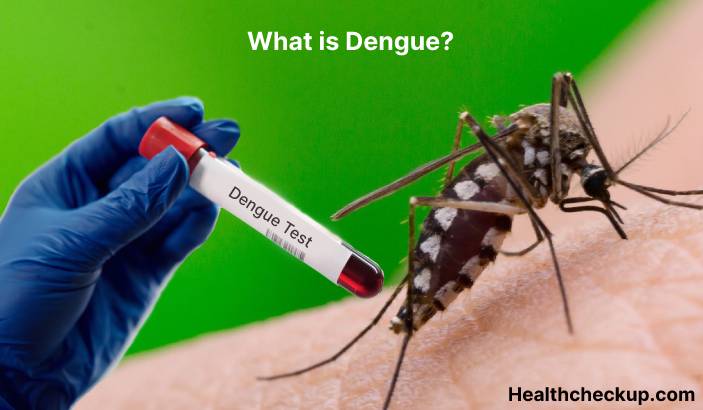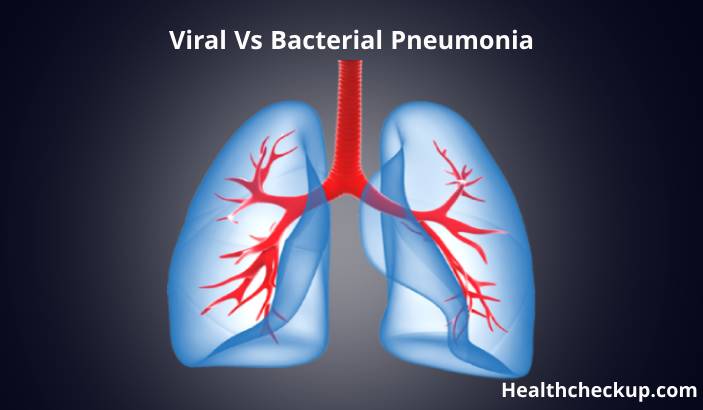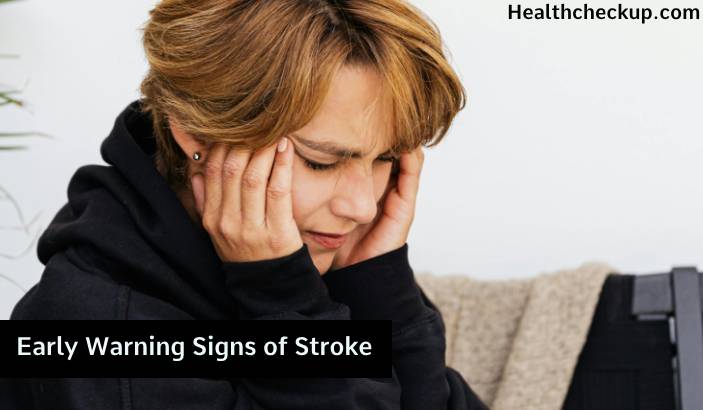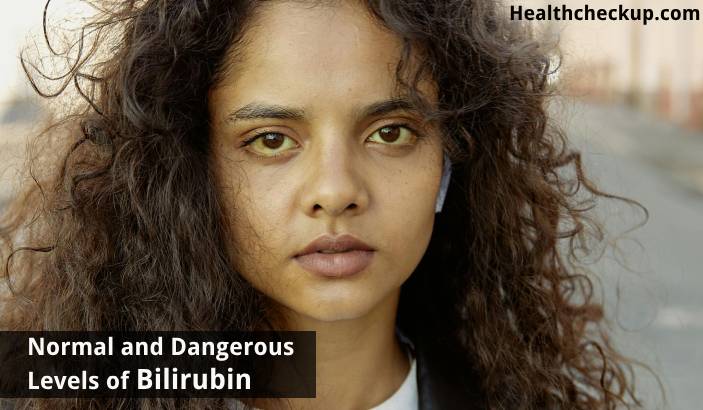Dengue is a viral illness that is transmitted to humans through the bite of infected mosquitoes. It is caused by one of four types of the dengue virus and is prevalent in tropical and subtropical regions of the world. Dengue can range from a mild, flu-like illness to a severe, potentially life-threatening condition called dengue hemorrhagic fever.
Symptoms of dengue
Symptoms of dengue typically appear three to 14 days after infection and include:
- Fever
- Headache
- Muscle and joint pain
- Rash
- Nausea and vomiting
- Loss of appetite
In severe cases, dengue progresses to dengue hemorrhagic fever, which is characterized by bleeding, low levels of platelets, and damage to the blood vessels. Symptoms include:
- Bleeding from the gums or nose
- Bleeding under the skin, which appear as red or purple spots
- Difficulty breathing
- Abdominal pain
- Vomiting blood
- Rapid breathing
- Confusion
Diagnosis of dengue
Dengue is typically diagnosed based on the presence of characteristic symptoms and a history of exposure to areas where dengue is prevalent. A blood test is also used to confirm the diagnosis.
Treatment of dengue
There is no specific treatment for dengue. Treatment is typically supportive and includes measures to manage symptoms, such as medications to reduce fever and pain. In severe cases, hospitalization is needed to provide supportive care, such as intravenous fluids and blood transfusions.
Prevention of dengue
There are several steps that can help to reduce the risk of dengue, including:
- Protecting against mosquito bites: Using insect repellent, wearing long sleeves and pants, and using mosquito nets can help to reduce the risk of being bitten by infected mosquitoes.
- Eliminating mosquito breeding sites: Mosquitoes lay their eggs in standing water, so it is important to eliminate sources of standing water, such as buckets and tires, to reduce the risk of mosquito breeding.
- Seeking medical attention if symptoms develop: If you develop symptoms of dengue, it is important to seek medical attention as soon as possible to ensure that you receive appropriate treatment.
It is also important to follow guidelines from public health authorities and to take steps to protect yourself and others from mosquito bites if you are traveling to an area where dengue is prevalent.









